characters
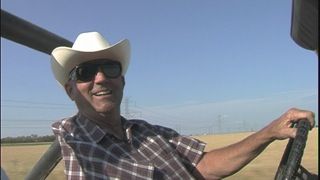
cliff etheredge
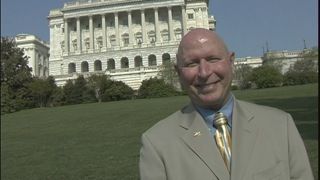
dan nolan
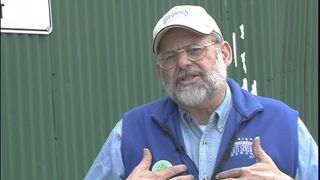
bernie karl
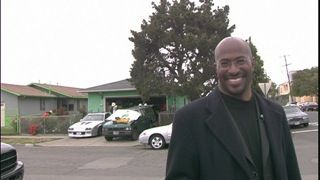
van jones
...founded Green For All after a realization: "Green Jobs Not Jails." Green For All is working to get green jobs to disadvantaged communities. He was the main advocate for the Green Jobs Act, which George W. Bush signed into law in 2007. The Act was the first piece of federal legislation to codify the term "green jobs." Under the Obama administration, it has resulted in $500 million for green job training nationally. We share a moving moment with Van when solar panels are being installed by trainees of Solar Richmond & Grid Alternatives in Richmond, CA.
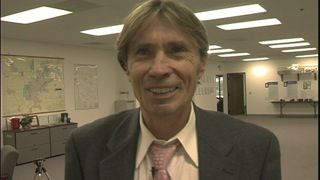
michael dunham
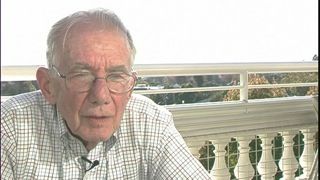
dr. arthur rosenfeld

amory lovins
...For four decades he has worked in energy policy and related areas. Amory worked professionally as an environmentalist in the 1970s and since then as an analyst of a "soft energy path" for the United States and other nations. He has promoted energy efficiency, the use of renewable energy sources, and the generation of energy at or near the site where the energy is actually used. Amory has received ten honorary doctorates and won many awards. He has provided expert testimony in eight countries, briefed 19 heads of state, and published 29 books. In 2009, Time Magazine named Amory as one of the world's 100 most influential people.
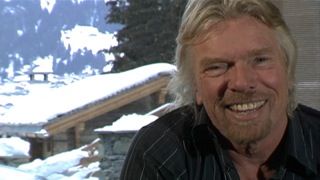
richard branson
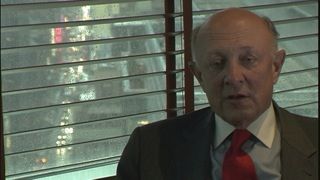
r. james woolsey
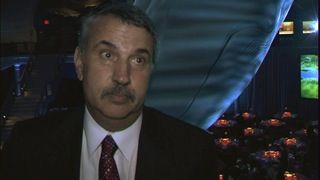
thomas l. friedman
...and the recipient of three Pulitzer Prizes. The New York Times columnist and best-selling author of Hot, Flat and Crowded, consistently rings the “green is good business” bell. Going green will save U.S. companies billions of dollars and it will also spur a whole new set of industries worth possibly trillions of dollars.
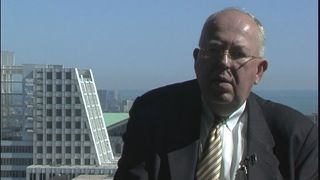
john rowe
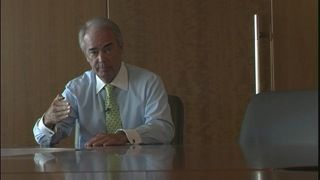
james rogers
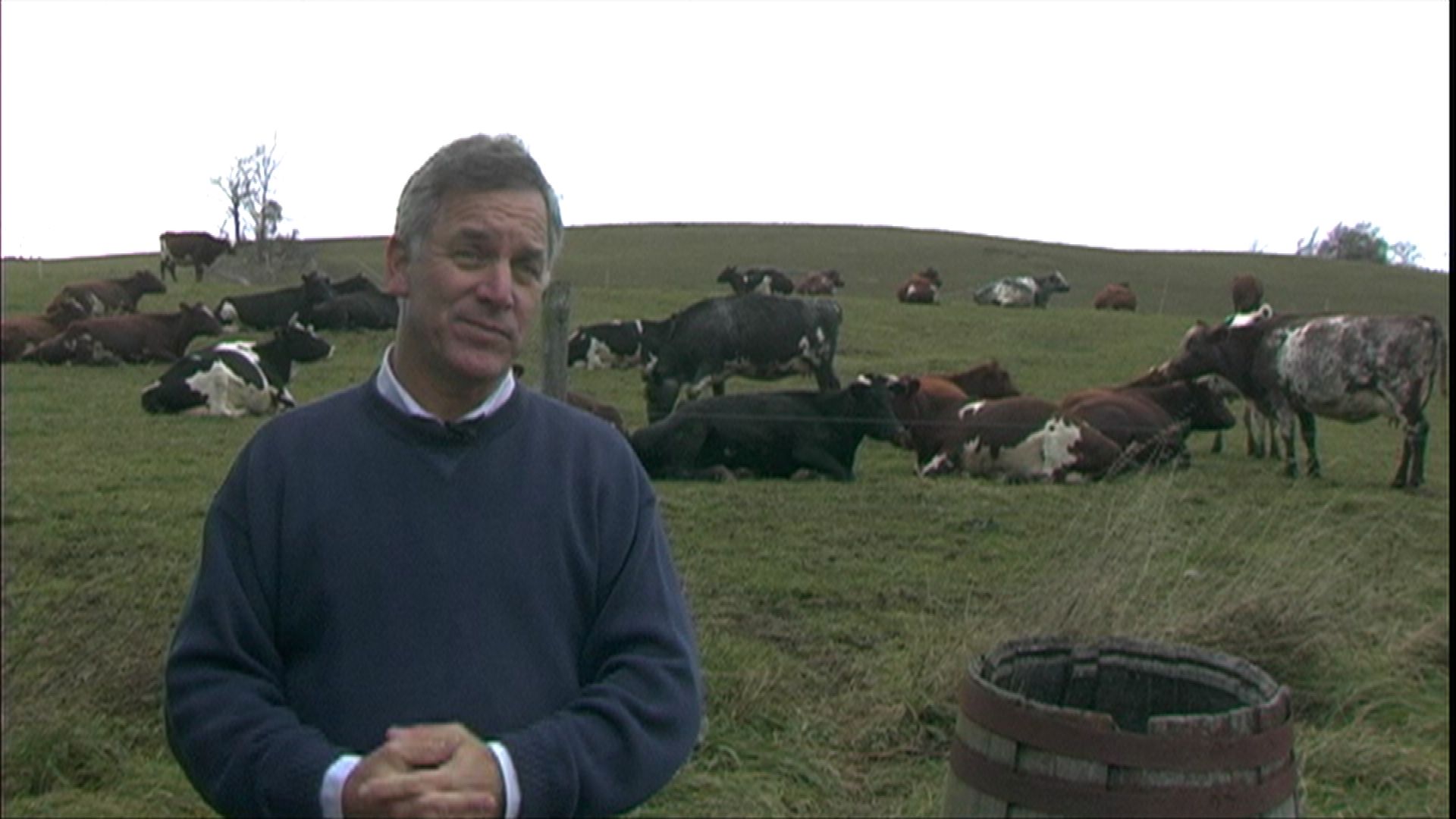
gary hirshberg
...the world's leading organic yogurt producer and the author of Stirring It Up: How to Make Money and Save the World (Hyperion Books, 2008). Gary is a frequent speaker on topics including sustainability, climate change, the profitability of green and socially responsible business, organic agriculture, and sustainable economic development.
Gary on Stonyfield Farm CO2 reduction efforts: "These teams together in the last 3 years have generated $7.8 million of profits for my company. That’s $7.8 million that translates into 46 new jobs and so even through the recession we were growing jobs. And I can tell, it’s been our energy savings – that’s really been our bank. I call it the First National Bank of Conservation. So, there’s nothing that makes more sense from an economic point of view than reducing your carbon footprint."